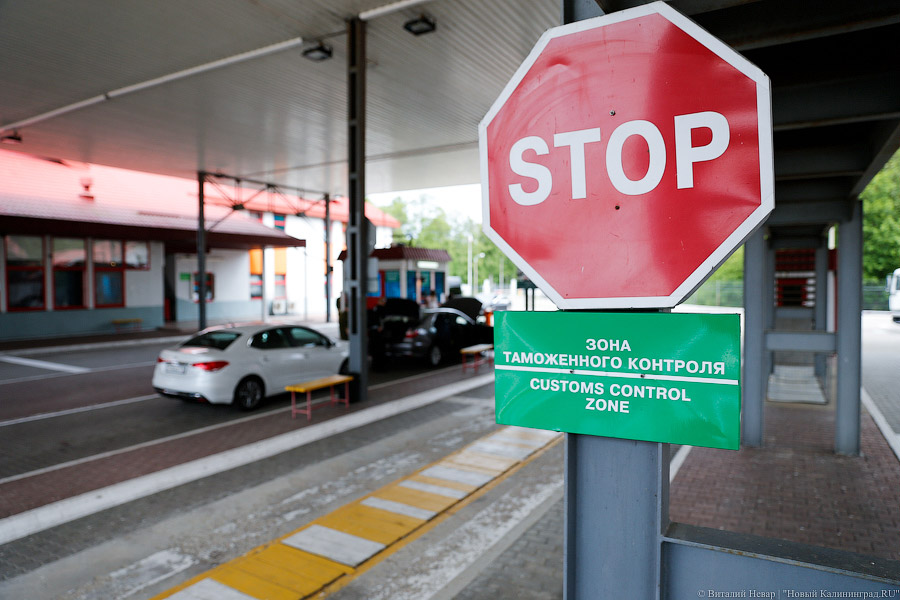Each of the sources of revenue entering the budget ensures the ability of the state to bear obligations to its citizens. Customs taxes and fees - this is one of the revenue items that replenish the treasury of our country. These payments make up one third of the total federal budget profit.
What is a customs tax?
In addition to replenishing the budget, this type of payment performs another function. Customs taxes and fees are a kind of insurance for the state in case of unfair fulfillment of fiscal obligations by participants in foreign economic activity. They are charged from Russians and foreign citizens for the transportation of various goods across the Russian border. Currently, the customs duty rates and the rules for their accrual are regulated by the Customs Code of the Customs Union (TC CU), adopted in 2009 by the EAEU. The participants in this union are Russia, the Republic of Belarus, Kazakhstan, Armenia and Kyrgyzstan.
Despite the fact that the Federal Customs Service does not belong to the tax system, its units are empowered to monitor the implementation of not only customs, but also tax legislation, in particular, to be responsible for the correct calculation and payment of duties to the federal budget. The amount of fees and rates is established by the Government of Russia. All ratios are subject to annual review.
Payment Classification
Customs tax is the common name for all kinds of duties, the collection of which relates to the duties of customs officers. Individuals and legal entities transporting vehicles and goods across the state border of the Russian Federation can rely on the application of a specific tax regime. There are several types of customs taxes, each of which should be given a little attention:
- Duty on exported goods. The tax is applied to products exported outside the Russian Federation, but it is important for adjusting prices in the domestic market of the state. Russia is one of the world's largest suppliers of raw materials and natural resources. Ensuring the payment of customs tax by participants in foreign economic activity working in this sector is the responsibility of the customs authorities.
- Import tax is mandatory for importers. The size of the import duty depends on the destination of the goods. For example, for products ready for sale, you will have to pay an amount higher, for raw materials - lower. In addition, the Government has established a list of goods that are exempt from customs duties.
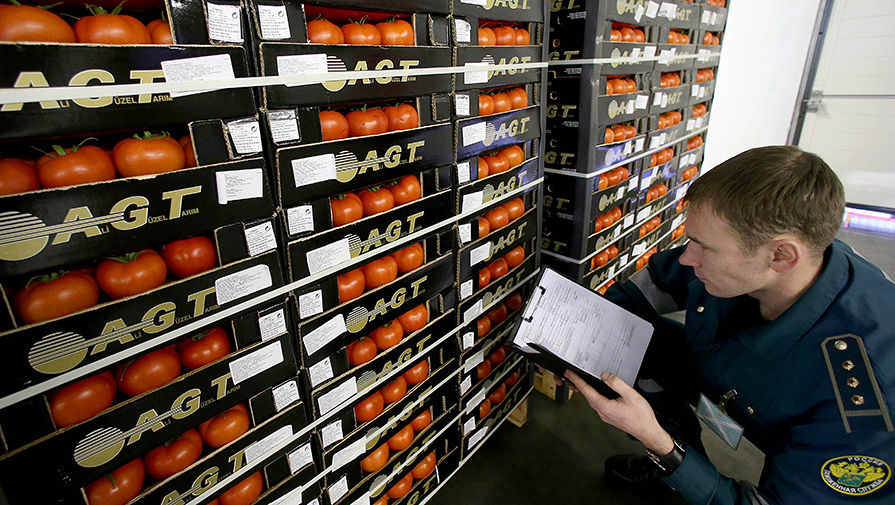
- Tax for customs services. Typically, such a fee is paid by companies and organizations for clearance, maintenance and storage of goods.
- Excise taxes. Customs duties (taxes) apply to the most popular imported products. Each excise tax category has its own calculation rate.
- Antidumping duty. This customs duty is intended to protect the interests of domestic manufacturers. Such customs duties (taxes) are introduced for certain categories of goods with which national companies will not be able to compete, and this may harm the country's economy.
- Ad valorem tax. The fee is applied when taxing expensive goods, so its size directly depends on the value of the object of taxation. The customs tax received its name based on the calculation method.
- VAT. Value added tax is paid by importers who import products into the territory of the Russian Federation.
Interest payments, penalties and fines for late payment of duties and taxes can also be considered as customs payments.
About the procedure for paying customs fees
When planning to cross the border, exporters and importers do not need to find details and pay taxes in advance. There is a cash desk at each customs checkpoint where you can make the necessary payments. Customs taxes are credited to a special fiscal account, which operates independently of the Federal Tax Service. Just like any other fee, a payment is made using a code corresponding to a specific type of payment. The person moving the cargo has the right to leave one of two copies in his hands, which confirms the fact of the transaction. The second check is handed over to the customs.
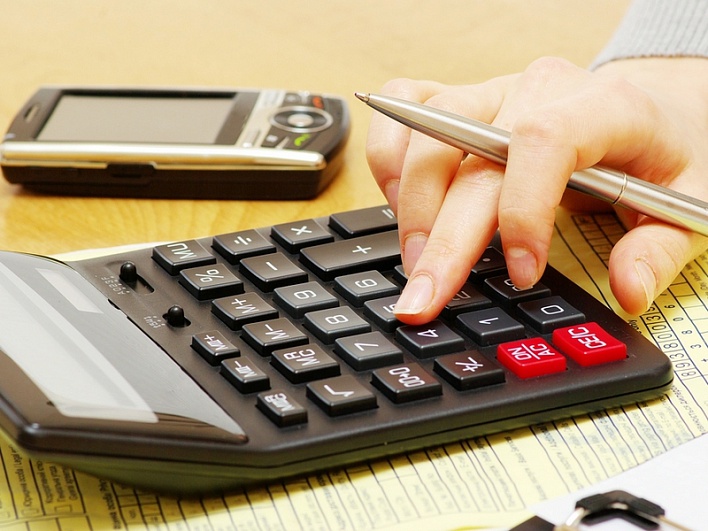
In accordance with article 190 of the Customs Code of the Customs Union, taxes are considered unpaid in the absence of supporting payment documents. In this regard, the employees of the checkpoint have the right to refuse to accept the declaration to the person crossing the border.
Customs officers may only allow goods to enter the territory of a country or release outside its borders only after payment of customs duties. As an exception, it is possible to issue batches of goods in case the declarant provides guarantees for subsequent payment of taxes.
It is worth noting that the provision of customs duties and taxes is within the competence of the person moving the goods. Moreover, he must calculate the amount of payment on his own or turn to the services of brokers. Customs officers are not required to make settlements, so the declarant should know the product codes in advance according to the commodity nomenclature of foreign economic activity. The form of collection of payments from individuals does not differ from customs duties paid by large companies.
Customs duty is calculated taking into account the current exchange rate. This greatly complicates the ability to pay in advance.
How to save time
The process of paying customs duty and clearance takes a lot of time, therefore, for people crossing the border, more loyal conditions for the organization of control apply. For the period of goods clearance, the owner or recipient of the goods must store it in a special warehouse belonging to the customs service, for which a separate fee is charged. Persons who have all the conditions for the safe conservation of products on their own can avoid expenses. Moreover, the access of customs officers to the cargo should not be limited.
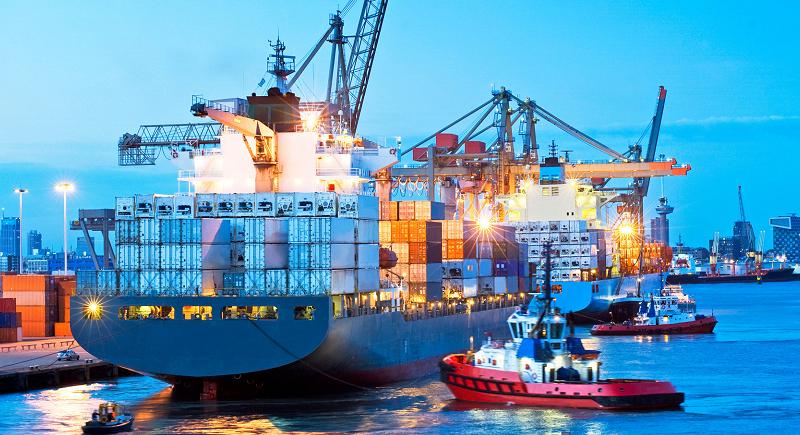
Citizens crossing the state border have the opportunity to shorten the period of customs clearance. To do this, the owner must submit a declaration of transported goods in advance. A few days before the goods arrive at the checkpoint, a so-called incomplete declaration may be filed, which indicates the information known at the time of the preparation of the document. At the actual border crossing, a declaration containing the missing information is re-submitted. The information should be fully consistent with the original documents.
Declaring goods from the personal warehouse of the applicant is permitted in a single declaration, which is valid for a specified period. Thus, the need to fill out a new document for crossing the border for each batch of transported products disappears by itself. If a person has all the documents confirming the right to a privilege in relation to the cargo, or confirming payment of duties, the goods can be released from customs before filing a declaration.
Preferential categories of citizens
Some citizens may be eligible for discounts and lower tax fees. The privileges for the processing and payment of customs tax at the time of crossing the state border apply to:
- President of the Russian Federation and members of his family;
- deputies of the State Duma on an official trip;
- diplomats of foreign states and members of their families.
Things of these citizens are not inspected, transported goods are exempted from various fees. Representatives of international organizations are also fully exempted from customs duties and taxes. Belongs to this group of UNESCO, IMF, Red Cross, UN, etc.
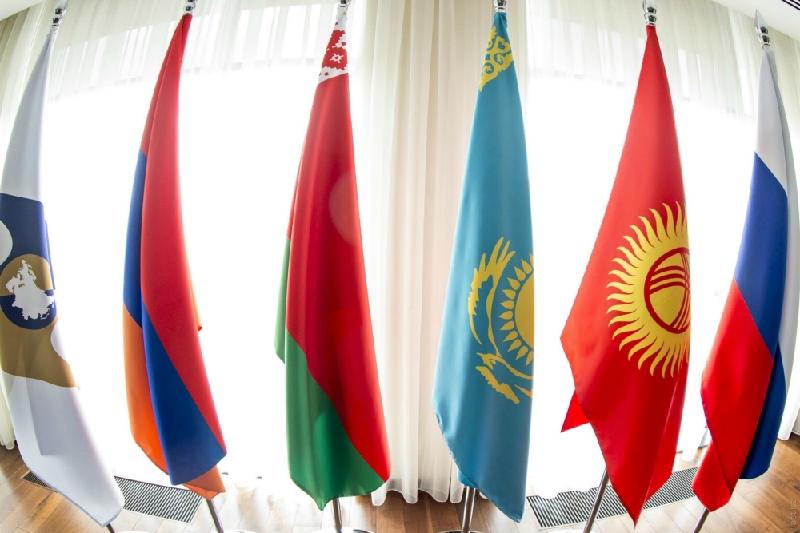
It is worth noting that the diplomatic post was not opened at the border and was not inspected by customs officers. However, employees at the checkpoint are allowed to make an exception if they find suspicious items in the cargo. If customs officials suspect the concealment of goods that are not related to diplomatic correspondence, they have the right to require permission to open the doubtful parcel. In case of failure, mail is sent to the sender back. At customs, military equipment, warships and aircraft, vehicles with ammunition are not inspected.
The benefits apply to citizens who import inherited property into the territory of Russia. It is not subject to customs duty if the owner presents a document on the inheritance of these things. Refugees and compatriots moving to Russia for permanent residence have the right to carry personal belongings worth up to $ 5,000 without paying taxes.
What things are not taxed
In accordance with the CU TC, at the Russian border checkpoints, customs preferences apply for tariffs on imported goods. Such benefits were introduced by the Government of the Russian Federation in relation to rates on goods that are not enough on the domestic market. Reduction or complete abolition of duty contributes to the influx of missing products from abroad. Today, preferential rates are applied in calculating customs duties for transportation:
- seafood produced by Russians in foreign countries;
- personal items, hand luggage;
- humanitarian supplies;
- certified medical equipment;
- devices and devices for fighting fires;
- print media;
- children's goods and food.
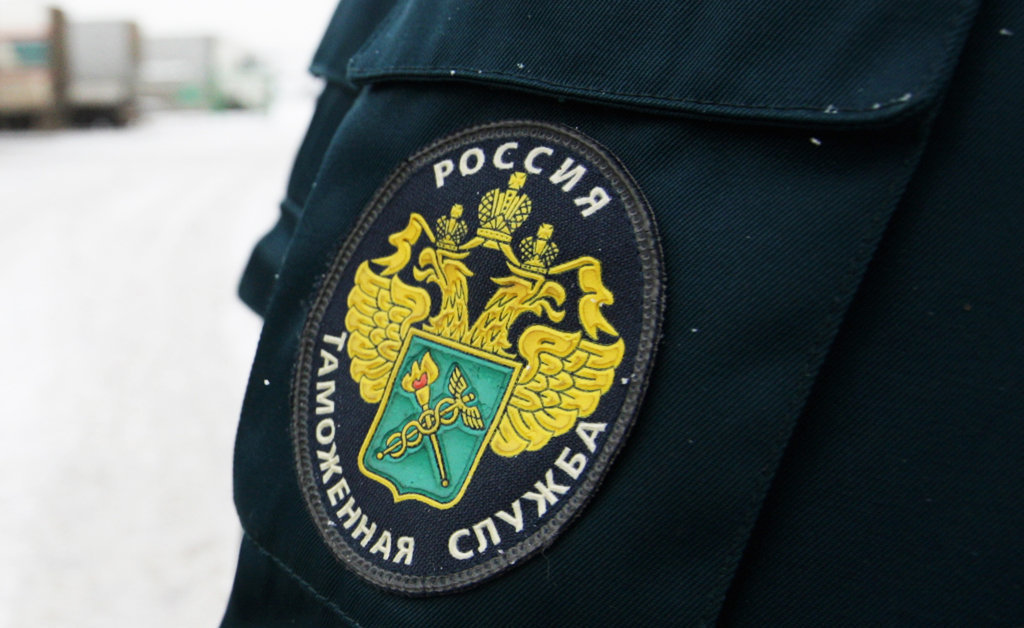
The declarant has the right to not pay customs services for cargo clearance and acceptance services only if he is transporting humanitarian goods or intends to transfer them to the state.
Terms of payment
In addition to the correct duty calculation scheme, declarants must comply with the payment deadlines. In each case, a different order applies. For example, the deadlines for the payment of customs duties and taxes when importing goods are 15 days from the moment it is presented to the customs officers at the checkpoint or at the end of the customs transit. When exporting goods from Russia, they do not set clear deadlines, but they are limited by the date of the declaration.
When changing the customs regime, payment is made on the day of transition to it. In case of misuse of goods after release from the checkpoint, the payer must make customs payments on the day of violation of restrictions and orders by cargo. In case of illegal import of goods, fines and taxes must be paid within five days from the date of discovery of goods from a legal entity. Moreover, it provides for the possibility of installments and deferrals of payment of customs duties.
Tax Overpayment Refund Procedure
The payer himself must be interested in identifying overpayments for customs payments. If, after re-settlement, the paid surplus is found, you should contact the customs officers with supporting documents.
First of all, you need to make an application for the return of the customs fee. You can return the money within three years from the date of payment of duties and taxes. In turn, customs considers the application within 30 days. In case of violation of this period, the applicant has the right to require customs to pay, in addition to the required amount, interest for each day of delay at the Central Bank of Russia refinancing rate.
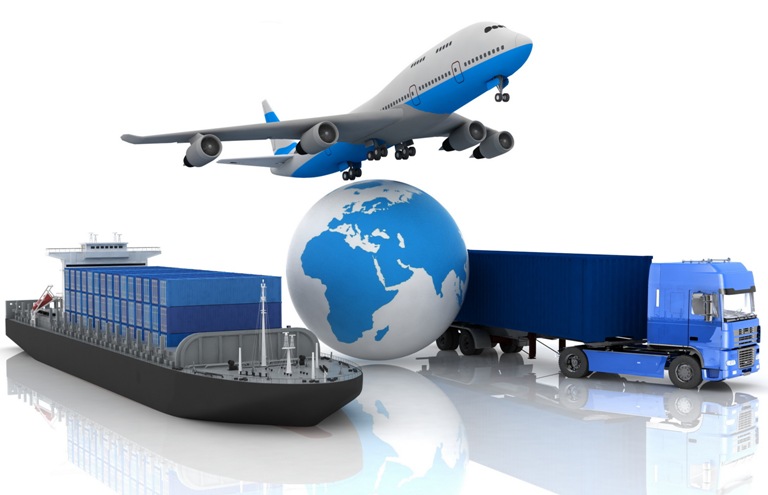
Overpayment of customs duties paid is not refundable if:
- the citizen has tax debt - then it is fully or partially covered by the excess, and if the surplus is much greater than the amount of the debt, the citizen will receive all of its remaining part;
- the amount that the payer wants to return is less than 150 rubles.
What threatens tax evaders
Even if there are no readers among those who plan to break the law and evade customs duties, none of the law-abiding citizens is immune from force majeure situations arising for reasons beyond their control.
In the event that there was a malfunction in the calculation process or it was not possible to pay taxes on time, the customs authorities have the right to debit the necessary funds from the accounts of the organization or individual, as well as accept payment in kind (in the form of property or cargo, in respect of which the debt was formed ) Otherwise, if the payer maliciously avoids paying the customs duty, he will have to answer before the law.
In conclusion
Export and import of goods is subject to customs duties. The calculation of taxes depends on the type of imported and exported products, is carried out using the current rates in accordance with regulatory documents governing the scope of customs relations. In addition, in this industry there are benefits that relate to the payment of taxes and duties. Preference can be used at customs upon presentation of documents confirming the right to an exemption. Their list depends on the grounds for exemption from duty. This can be a certificate of inheritance of property, passport of a diplomatic officer, certificates for medical equipment, etc.
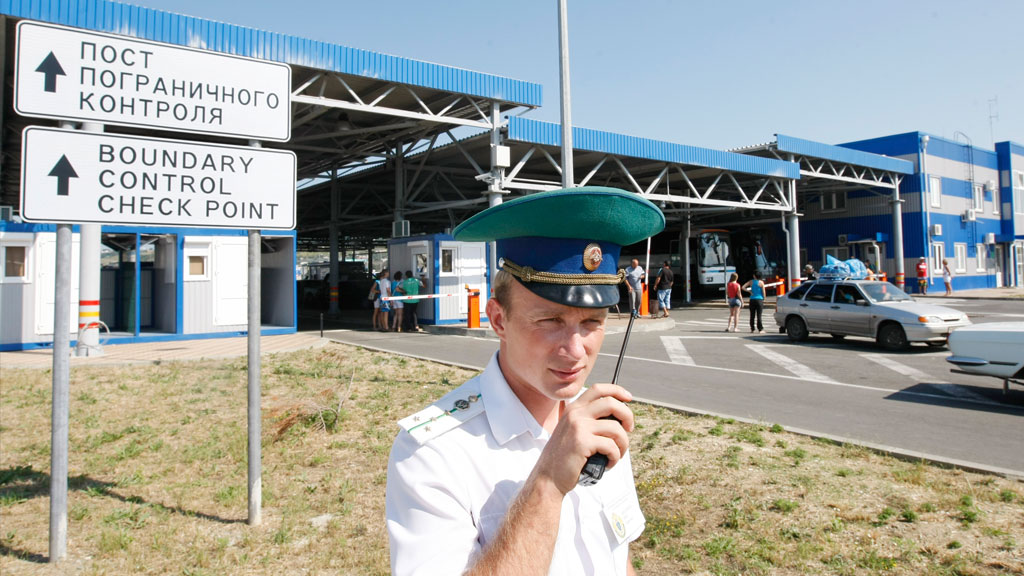
Customs duties are taxes that are sent to the federal budget of Russia. The Government of the Russian Federation establishes tariffs for customs duties, and participants in foreign economic activity are required to comply with the requirements of the law and pay taxes. According to the results of 2017, the revenue part of the national budget from foreign economic activity amounted to about 4.5 trillion rubles, including taxes on goods imported into the Russian Federation - in the amount of 2.438 trillion rubles. Thus, the FCS of Russia “contributed” to the treasury approximately one third of all revenues. In 2018, authorities expect an increase in fiscal flow on revenue items by another 6-8%.
At first glance, such a business looks pretty good: it allows you to create jobs, increase the turnover and profits of entrepreneurs. However, in practice, international commerce is a very difficult field of activity for Russians. Players of the international trade arena are forced to calculate even the minimal risks, take into account the state of the economic and political situation in the country, be able to make prompt and not always advantageous decisions for themselves in response to the changes.
